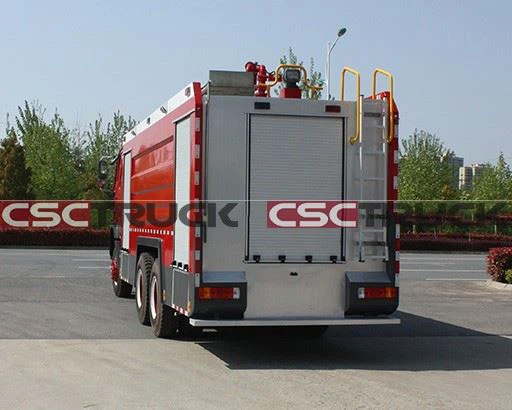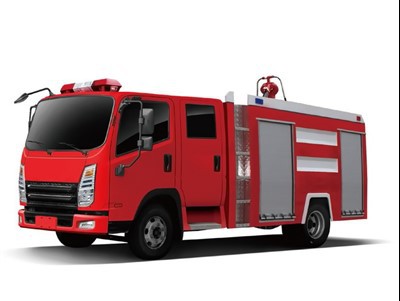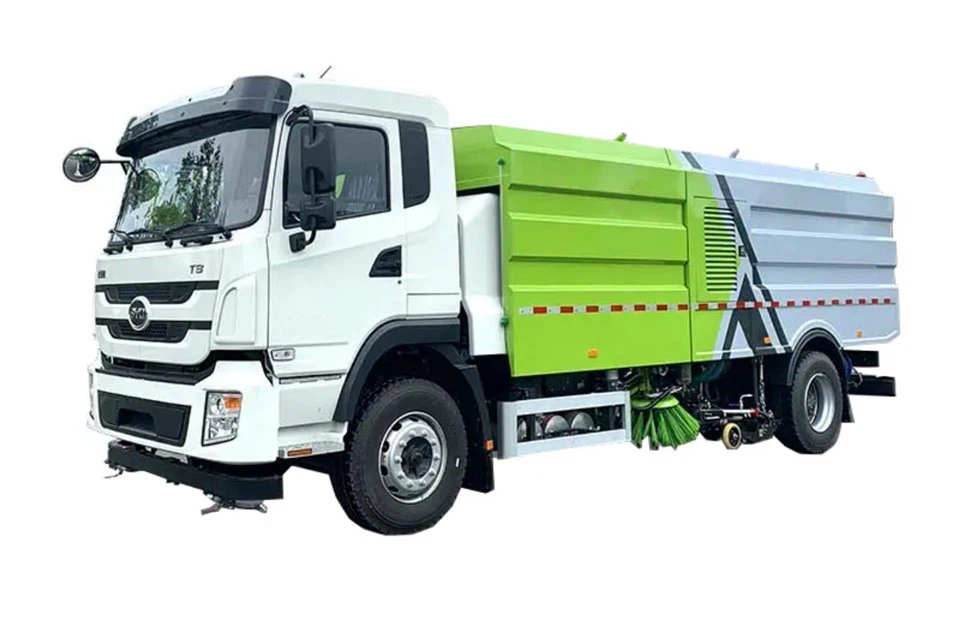Ultimate Guide to Mini Dumpers: The Versatile Workhorse for Your Projects

Introduction
In the world of construction, landscaping, and gardening, efficiency and versatility are key to completing projects successfully. One tool that has gained immense popularity in recent years is the mini dumper. Combining compact size with high load capacity, mini dumpers are perfect for navigating tight spaces while still handling heavy material. In this article, we will delve deep into the features, benefits, applications, and tips for choosing the right mini dumper for your needs. Whether you’re a DIY enthusiast or a professional contractor, this guide will equip you with all the necessary insights into mini dumpers.
What is a Mini Dumper?
A mini dumper is a small, wheeled vehicle designed to transport materials such as soil, gravel, and debris across various terrains. Typically powered by gasoline or electricity, mini dumpers are compact enough to operate in limited spaces that traditional dump trucks cannot access. They come equipped with a tipping mechanism that makes unloading materials quick and efficient.
Types of Mini Dumpers
Understanding the different types of mini dumpers can help you choose the right one for your project.
1. Wheeled Mini Dumpers
These dumpers are designed with wheels, making them suitable for hard surfaces like concrete and asphalt. They are easy to maneuver and can navigate flat, uneven terrains.
2. Tracked Mini Dumpers
Tracked mini dumpers have a continuous rubber track system that enhances stability and traction. They are ideal for loose, muddy, or steep surfaces where wheeled dumpers might struggle.
3. Electric Mini Dumpers
Powered by electricity, these mini dumpers are quieter and produce zero emissions, making them perfect for indoor use or areas with strict environmental regulations.
Common Features of Mini Dumpers

While mini dumpers can vary significantly in design and functionality, most share a common set of features:
- Load Capacity: Ranges from 500 kg up to 1500 kg.
- Drive Type: Available in 2WD and 4WD for different terrains.
- Engine Type: Equipped with either gasoline or electric engines.
- Tipping Mechanism: Hydraulic tipping for easy unloading.
Benefits of Using a Mini Dumper
Mini dumpers offer numerous advantages compared to traditional transporting methods:
1. Enhanced Mobility
Compact size allows mini dumpers to maneuver in tight spaces, making them suitable for urban construction sites, landscaping, and domestic gardens.
2. Reduced Labor Costs
By efficiently transporting materials, mini dumpers reduce the need for manual labor, which can be both time-consuming and physically exhausting.
3. Versatility in Applications
Mini dumpers can handle various materials, from dirt and sand to bricks and stones, making them an all-in-one solution for construction and landscaping projects.
4. Safety Features
Most mini dumpers come equipped with safety features such as roll-over protection and robust braking systems, ensuring user safety during operation.
Choosing the Right Mini Dumper
When it comes to selecting a mini dumper, several factors should be taken into consideration:
1. Project Requirements
Consider the types of materials you will be transporting and the weight of those materials. Choose a mini dumper with an appropriate load capacity.
2. Terrain Type
Evaluate the terrain where the dumper will operate. For soft or uneven surfaces, a tracked dumper is preferable, while wheeled dumpers are best for hard surfaces.
3. Fuel Type
Decide between gasoline and electric models based on your applications. Electric dumpers are quieter and environmentally friendly but may have limited range compared to their gasoline counterparts.
Operational Tips for Mini Dumpers

Maximizing efficiency and safety while operating a mini dumper requires some best practices:
1. Conduct Pre-Operation Checks
Always check the oil, fuel, and hydraulic levels before operating the dumper, ensuring everything is in good working order.
2. Proper Loading Techniques
Distribute the load evenly and never exceed the recommended weight capacity to maintain stability and prevent accidents.
3. Be Mindful of Terrain
Adjust your driving techniques based on the terrain. Drive slowly on uneven ground and take turns with caution.
4. Maintain Clear Visibility
Ensure that your path is free from obstacles and that you have a clear line of sight while operating the dumper. Use spotters if necessary.

Maintenance of Mini Dumpers
Regular maintenance is essential to ensure the longevity and effective operation of your mini dumper:
1. Routine Inspections
Perform routine inspections to check for wear and tear, particularly on tires and hydraulic parts.
2. Cleaning
Cleansing the machine after use helps prevent rust and prolongs the life of the dumper.
3. Lubrication
Regularly lubricate moving parts to prevent friction and damage. Follow the manufacturer’s guidelines for lubrication intervals.
Cost of Mini Dumpers
The cost of mini dumpers can vary widely based on features, capacity, and brand. Generally, prices range as follows:
| Type | Price Range |
|---|---|
| Wheeled Mini Dumper | $3,000 – $7,000 |
| Tracked Mini Dumper | $5,000 – $10,000 |
| Electric Mini Dumper | $4,000 – $8,000 |
Real-World Applications of Mini Dumpers
Mini dumpers are becoming increasingly popular across various industries. Here are some practical examples of their applications:
1. Construction Sites
On construction sites, mini dumpers can transport bricks, concrete, and debris, significantly speeding up the building process.
2. Landscaping
Landscapers use mini dumpers to move soil, stones, plants, and mulch, making it easier to create beautiful outdoor spaces.
3. Gardening
For home gardening projects, mini dumpers help in transporting compost, soil, and other garden materials, reducing the strain on gardeners.
4. Recycling Operations
In recycling facilities, mini dumpers can help in transporting materials to and from collection points, improving workflow and efficiency.
FAQs about Mini Dumpers
1. How much weight can a mini dumper carry?
The weight a mini dumper can carry typically ranges from 500 kg to 1500 kg, depending on the model and specifications.
2. Are mini dumpers easy to operate?
Yes, mini dumpers are designed for ease of use. Most models come with intuitive controls and require minimal training to operate effectively.
3. Can mini dumpers be used on steep slopes?
Tracked mini dumpers are particularly well-suited for use on steep slopes due to their enhanced stability and traction.
4. What fuel type is more economical for mini dumpers?
Electric mini dumpers, while initially more expensive, tend to be more economical in the long run due to lower operating costs and no fuel expenses.
5. How often should I maintain my mini dumper?
Regular maintenance is recommended after every use, while more comprehensive upkeep, like oil changes and hydraulic checks, should be done as per the manufacturer’s schedule.
6. Where can I purchase mini dumpers?
Mini dumpers can be purchased from equipment rental companies, specialized machinery suppliers, and online marketplaces that deal in construction and landscaping equipment.
